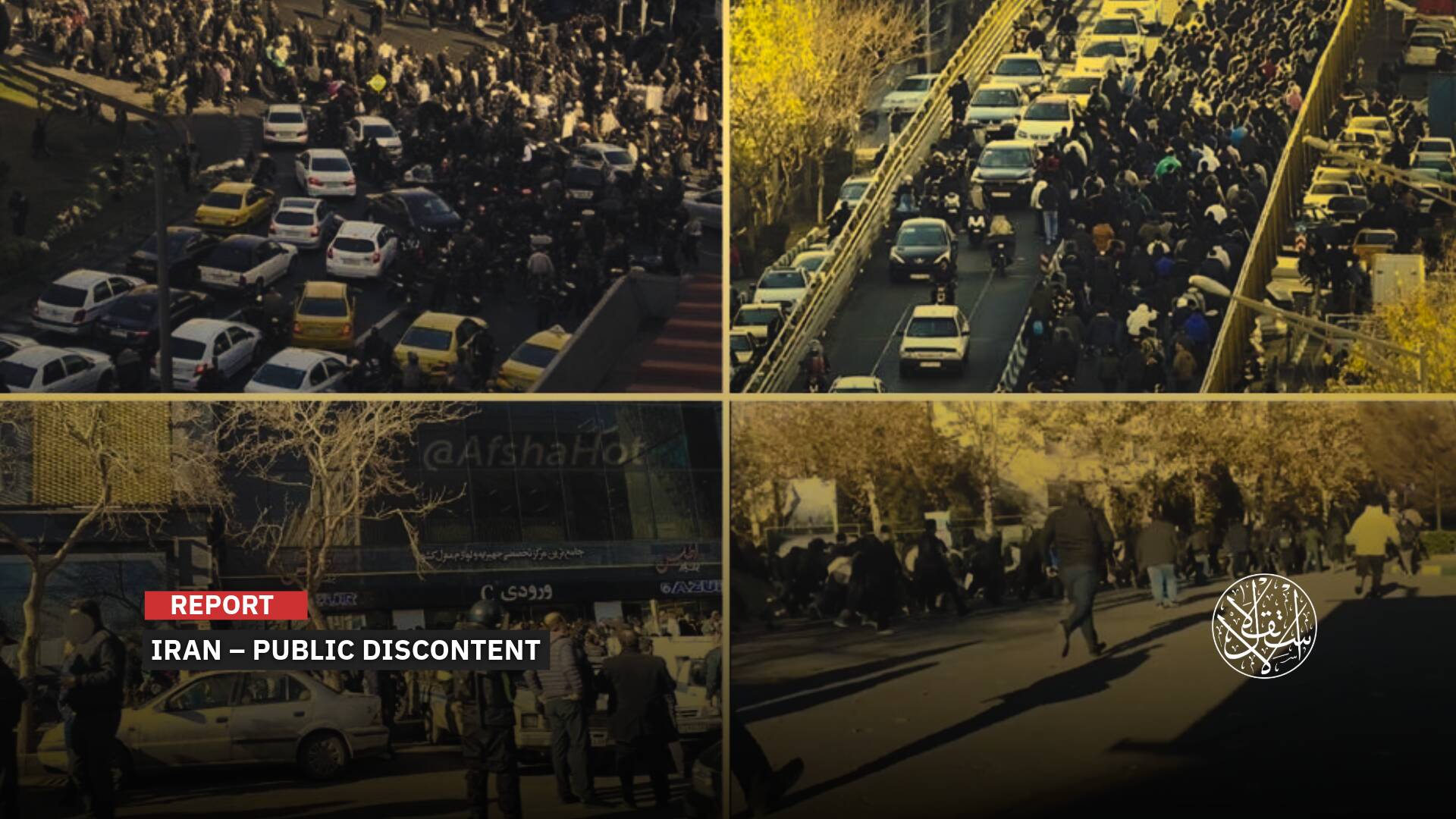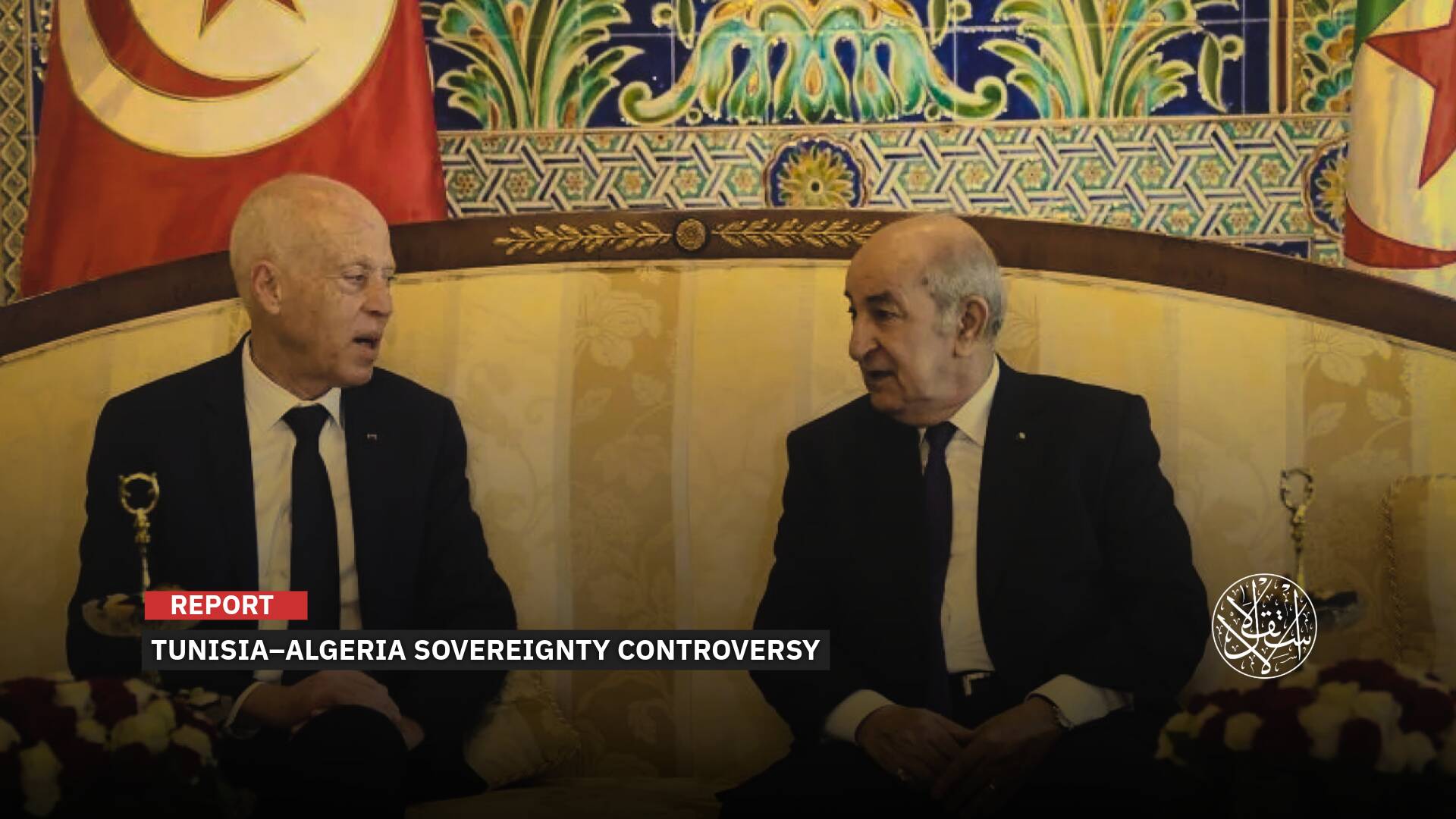Well-Thought-Out Plan or Losing Bet: Can France’s Macron Prevent the Far-Right from Reaching the Elysee?

“Macron has a presidential mandate until 2027, and said he would not step down before the end of his term.”
A few minutes after the far-right won the European elections, French President Emmanuel Macron announced the dissolution of the National Assembly and called for snap legislative elections to be held on June 30 and July 7, causing a political earthquake the country has not witnessed for two decades.
The result of the European vote brought the far-right National Rally party to levels it had never reached before, as it obtained a third of the votes.
On the other hand, the presidential camp, which barely received 15% of the votes, a historically low level for the ruling party, suffered a severe defeat.
From that moment, all analyses were directed in one direction: a gamble with uncalculated results, political madness, a losing bet, and handing over the keys to the doors of the Elysee to the far-right.
This brought back memories of what happened in 1997 when President Jacques Chirac dissolved Parliament only two years after his election. However, the result was the opposite of what he expected, and he lost the elections won by the Socialist Party, which led its leader, Lionel Jospin, to head the government, which he held for 5 years.
Dangerous Bet
After his recent loss in the European elections, President Emmanuel Macron's camp is trying to present the snap legislative elections as a society's choice between the progressive bloc that it will embody and the extremists on the left and right who are fueling the division, according to what Prime Minister Gabriel Attal told France Inter radio.
Attal also warned that snap elections involve a more dangerous bet and have a greater historical character than the 2022 elections: this time the far-right is at the gates of power in France.
In turn, the French President reiterated his refusal to surrender to the fait accompli and gave the keys of power to the far-right and the left.
He called on everyone who believes in democracy and the foundations of the republic to join the presidential bloc in order to obtain a majority in the next National Assembly, which will enable him to continue reforms and help the French.
He also denied his intention to resign if the far-right wins a majority of seats after the legislative elections.
Macron also presented the reasons that made him decide to dissolve the French National Assembly and called for organizing snap elections.
Among them are the political fragmentation in the National Assembly, which prevented it from having a sufficient parliamentary majority to pass laws, and then the results of the European elections, from which the National Rally Party emerged victorious.
Macron explained that the French voted for the far-right party because they face many problems that have not yet been solved, such as the decline in security in the country and the collapse of their purchasing power, in addition to problems related to illegal immigration.
Since the electoral victory achieved by the National Rally, which topped the vote with 31.3% of the vote, and the decision to dissolve the National Assembly taken by Macron, the process of political restructuring in France has accelerated.
It appears that the move to dissolve the National Assembly did not have any positive impact on Macron's popularity, as only 24% of French people said that they trust the president, which is the lowest level since the beginning of his second term in 2022, according to an opinion poll conducted in the days following this decision.
It is noteworthy that Macron could have allowed a period of up to 40 days between the dissolution of the National Assembly and the first round of voting, but instead, he chose to do so in only 20 days, which increased the pressure on his opponents.

Political Dynamics
The National Rally Party is considered the most likely party according to the results of polls, and it seeks to expand its base to reach power for the first time in its history.
The far-right National Rally party of Marine Le Pen would win the first round of the French legislative election with 35%, according to a survey by Ifop-Fiducial.
President Emmanuel Macron’s group would get 18% if left-wing parties form an alliance, or just 16% if they stand independently, the survey showed.
The National Rally, which had 88 deputies in the last parliament, intends to take advantage of its dynamics in the European elections to tip the balance of the National Assembly and win an absolute majority.
The hope of the Le Pen party was strengthened, according to Le Figaro, through the planned alliance with the right-wing Republican Party, whose president, Eric Ciotti, announced his desire to ally with the National Rally.
However, the unprecedented alliance proposed by Ciotti led to divisions within his party, which prompted the party bodies to announce the dismissal of Ciotti. However, he maintained his position and filed a complaint against the decision, which was later invalidated by the French judiciary.
The crisis also displaced the small far-right Reconquest party, which nevertheless managed to send its first members to the European Parliament.
Its founder, Eric Zemmour, excluded the head of the European List, Marion Marechal, Marine Le Pen's niece, after she called for a vote in favor of the National Rally.
Aside from these differences, the French left achieved a significant milestone by forming an alliance for the legislative elections just days after its division during the European elections.
The four main left parties: the Greens, the Socialists, the Communists, and the far-left France Unbowed, agreed to share the 577 electoral districts and come together under the banner of the Popular Front.
But the leaders of the left parties did not agree on the person who would head the government if they won the elections.
To get out of the impasse, they agreed that the presidency of the government would go to the party that would have the largest number of representatives in the next parliament.

Electoral Momentum
Raphael Glucksmann, the leading Socialist candidate, accused Macron of caving into calls from the National Rally to dissolve the National Assembly.
He said that this step will remain a stain on Macron's five-year term.
In turn, Marie Le Pen stressed that she is ready to change the country's course after pushing Macron to the abyss.
She told party supporters in Paris: “We are ready to exercise power if the French people place their trust in us in these upcoming legislative elections.”
She also indicated that her party would form a national unity government to get France out of the impasse if it wins the elections.
Observers believe that with this step, Macron is risking his political future, and may pave the way for the far right to take power after being on the margins of the political scene for decades.
They pointed out that Macron's move comes at a time when the right is enjoying electoral momentum that may allow it to control the majority in the legislative body and place the National Rally Party at the heart of French decision-making.
On his part, Macron is betting his decision on the circumstance of this European momentum on the basis that it will not extend to the local legislative elections, but rather the circumstances may serve him well and give him a chance to achieve a majority in the next parliament.
In turn, Le Monde mentioned several historical precedents similar to the circumstances surrounding Macron's decision, including when the Gaullists succeeded in winning an absolute majority after dissolving the National Assembly against the backdrop of the student uprising in 1968.
However, this scenario is unlikely, according to Gaspard Gantzer, a former official in the administration of former French President Francois Hollande, who suggested that Macron would face another scenario similar to what happened with Jacques Chirac when he dissolved Parliament in 1997, losing the majority and spending his presidential term coexisting with a National Assembly controlled by his opponents.

In turn, the activist residing in France, Mehran Homsi, explained in a statement to Al-Estiklal that “Macron is pushing to form a broad centrist bloc that he failed to create during the last two years, as he did not have a majority in the National Assembly.”
“No one expects how, within 17 days, Macron will succeed in achieving what he failed to achieve in two years, especially since he is currently considered the weakest party in the political scene in France,” he added.
In the same context, Mr. Homsi indicated that “it does not appear that any of the three competing blocs may obtain a parliamentary majority, which may lead to the formation of a new government without a majority.”
“However, its failure in any test may force the new government to resign, and thus will lead the country into an unprecedented political and constitutional crisis,” he said.
Sources
- Emmanuel Macron wants a snap election to get him out of a deep hole
- Macron’s Election Gamble Triggers Chaos and Anger Inside His Party
- France’s Macron defends decision on snap legislative elections, urges voters to defeat far-right
- Why Macron decided to call snap elections
- French Poll Puts Le Pen in Lead on 35% in Election First Round











